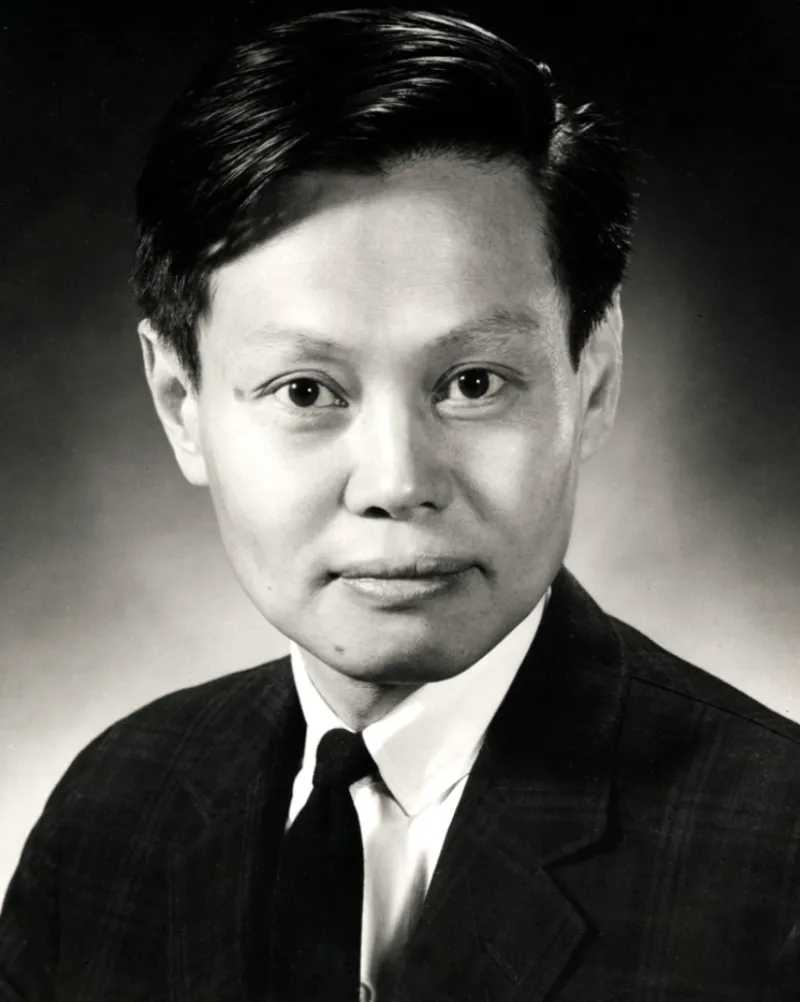Short Summary
Abdus Salam was a renowned theoretical physicist from Pakistan, known for his groundbreaking work in the field of theoretical physics. He became the first Pakistani and Muslim scientist to receive the Nobel Prize in Physics in 1979. Salam is celebrated for his significant contributions to electroweak unification, one of the cornerstones of the Standard Model of particle physics. His work has had a lasting impact on the understanding of fundamental forces in the universe.
Early Life & Education
Born on January 29, 1926, in Jhang, a small town in what is now Pakistan, Abdus Salam hailed from a family that valued education. His father was an education officer in the Department of Education, and his mother was a homemaker. Salam exhibited exceptional mathematical abilities from a young age, winning a scholarship to the Government College University in Lahore. Excelling in his studies, he went on to attend the University of Cambridge, where he completed his Ph.D. in theoretical physics. His early education and family background played a significant role in shaping his future pursuits in science.
Career Highlights
Abdus Salam's career was marked by his profound contributions to theoretical physics and his efforts in promoting scientific research in developing countries. After completing his education, he returned to Pakistan and began teaching at Government College University. Later, he worked at Imperial College London, where he conducted much of his groundbreaking research. Salam's most notable achievement was his work on the electroweak theory, which he developed alongside Sheldon Glashow and Steven Weinberg. This theory provided a unified description of two of the four fundamental forces of nature, the electromagnetic force and the weak nuclear force.
Major Achievements
- Received the Nobel Prize in Physics in 1979 for contributions to electroweak unification.
- Founded the International Centre for Theoretical Physics (ICTP) in Trieste, Italy, to support scientists from developing countries.
- Played a key role in the establishment of Pakistan's Atomic Energy Commission.
- Developed the Salam-Lee model, a precursor to the electroweak unification theory.
Famous Quotes
- "Scientific thought and its creation is the common and shared heritage of mankind."
- "I have spent my life working on the relation between science and society."
Interesting Facts
- Salam was a devout Muslim and believed that science and religion could coexist harmoniously.
- He was the first Pakistani to win a Nobel Prize.
- Despite his achievements, Salam faced discrimination in Pakistan due to his Ahmadi faith.
Legacy / Influence
Abdus Salam's legacy is profound, particularly in the field of theoretical physics. His work on electroweak theory remains a fundamental part of the Standard Model, which is crucial for understanding particle physics. Beyond his scientific contributions, his efforts to promote science in developing countries have inspired countless scientists. The ICTP continues to play a vital role in fostering international scientific collaboration.
FAQ
Q: Why is Abdus Salam famous?
A: He is famous for his contributions to electroweak unification and for being the first Pakistani to receive the Nobel Prize in Physics.
Q: What was Abdus Salam's major scientific contribution?
A: His major scientific contribution was the development of the electroweak theory, which unifies the electromagnetic force and the weak nuclear force.
Q: Did Abdus Salam face any challenges in his career?
A: Yes, he faced discrimination in Pakistan due to his Ahmadi faith, which affected his recognition in his home country.













